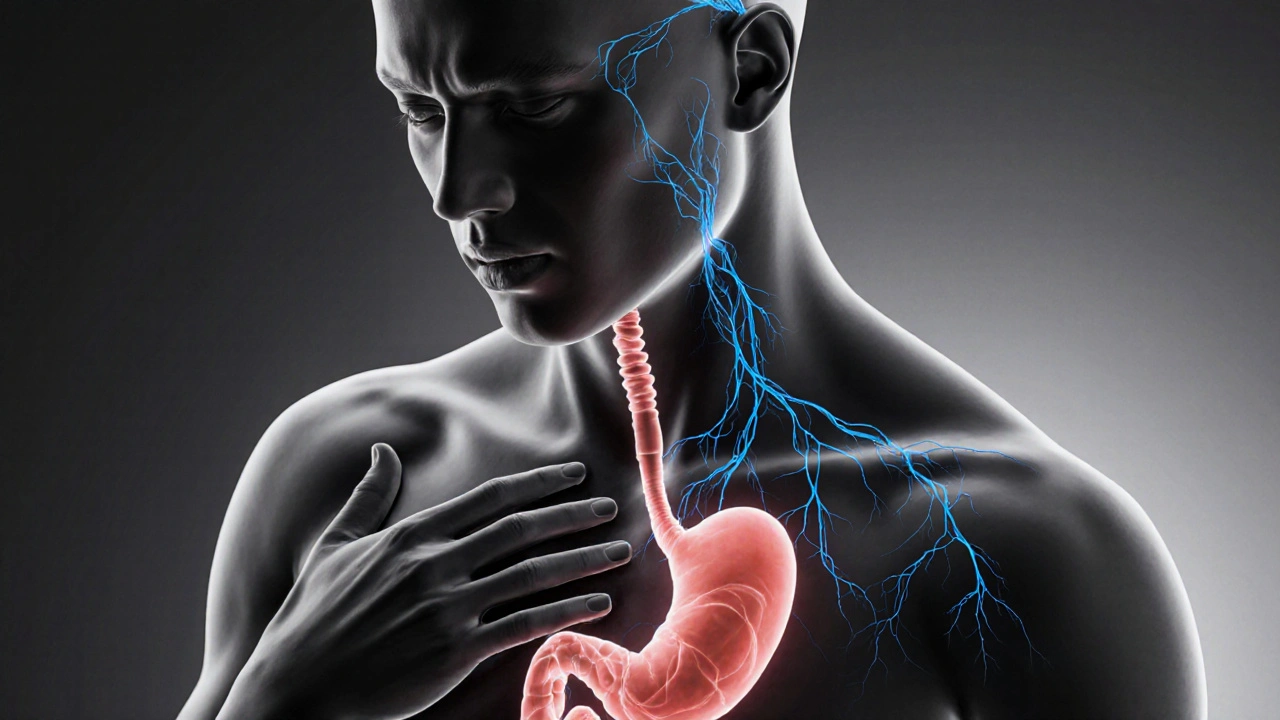Irritable Bowel Syndrome: What You Need to Know
When working with Irritable Bowel Syndrome, a chronic disorder that triggers recurring abdominal pain, bloating, and irregular bowel habits. Also known as IBS, it affects millions worldwide and often shows up in primary care. Because the condition is so common, patients and clinicians alike search for clear explanations and practical steps. Knowing that Irritable Bowel Syndrome can flare up after stress, certain foods, or hormonal shifts helps you spot patterns early. The following overview connects the main pieces – symptoms, diet, gut health, and lifestyle – so you can see how they fit together before diving into the articles below.
Core Factors That Shape IBS
One of the most frequent complaints is Abdominal Distension, a feeling of swollen belly often accompanied by visible bloating. This symptom is a hallmark of IBS and signals that the gut is reacting to something – usually food, stress, or an imbalance in the gut microbiome. The condition encompasses abdominal distension, irregular stool patterns, and cramping. Many people find relief by adjusting what they eat. The Low FODMAP Diet, a structured eating plan that limits fermentable carbs known to irritate the gut has become a go‑to recommendation because it directly reduces the fermentable substrates that trigger gas and bloating. Clinical trials show that following the diet can cut IBS symptoms by up to 70% in some patients, making it a powerful tool in everyday management.
Beyond diet, the Gut Microbiome, the community of bacteria, fungi, and viruses living in the digestive tract plays a crucial role. Research indicates that an altered microbiome can influence gut motility, pain perception, and immune responses, all of which feed into IBS. In other words, the gut microbiome influences IBS, creating a feedback loop where symptoms can further shift microbial balance. Addressing this loop often involves probiotics, prebiotic fibers, or even short‑course antibiotics, depending on the individual's profile. Stress management is another piece of the puzzle; stress can amplify gut sensitivity and motility, so techniques like mindfulness, moderate exercise, and adequate sleep are routinely advised. By tying together abdominal distension, dietary tweaks, microbiome health, and stress reduction, you get a holistic view of what drives IBS and how to control it.
Below you’ll find a curated set of articles that break each of these areas down into actionable advice. Whether you’re looking for step‑by‑step diet guides, tips for caregivers dealing with bloating, or the latest research on gut‑brain connections, the collection is organized to help you move from understanding to practical relief.
Vomiting and Irritable Bowel Syndrome: Causes, Treatment, and Prevention Tips
- Laura Ledas
- Aug, 17 2025
Learn why vomiting can be a symptom of IBS, discover common triggers, effective treatments, and practical steps to prevent future episodes.
Learn More